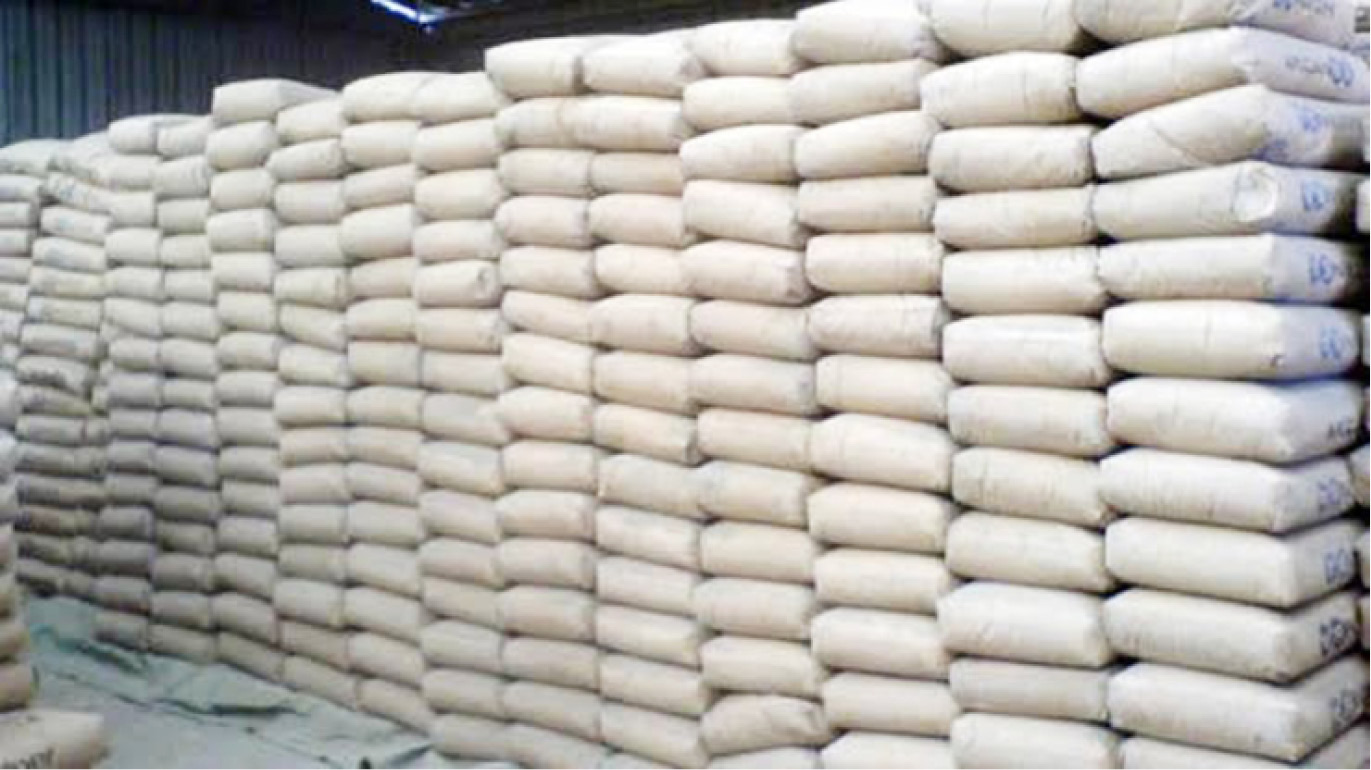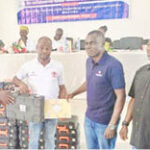The cement industry in Nigerian has three major player: Dangote Cement controlling 60.6 per cent with an installed capacity of 29.3 million metric tonnes (MT) per annum; Lafarge Africa 21.8 per cent with 10.5 million MT; and BUA Group 17.6 per cent with eight million MT.
There are other small players like Purechem Industries with 900,000 MT, and Nigeria exports cement, although a small quantity is still being imported.
- IPOB partners Cameroonian secessionists on training, arms exchange
- After attracting airlines, fare crashes on Ilorin route
The value of Portland Cement export from Nigeria totalled $38m in 2019, and this constituted 0.071 per cent of total exports, while the value of imports of Portland Cement the same year was $4.58m.
The major drivers increasing demand for cement in Nigeria are housing construction and infrastructure development. The crucial forces on the demand for residential housing are population pressure and rent levels.
The major factors responsible for high cement prices is the cost of energy/power which is substantially high in Nigeria.
High setup capital and operating costs have led to the closure of companies such as Eastern Bulkcem and Ibeto Group. Also, erratic power supply, poor state of infrastructure, cost of haulage of raw materials, distribution cost of cement, technology inadequacies and foreign exchange (forex) instability are militating against optimal performance of the industry.
Other militating factors are unfavourable government policies such as the privatisation of government-controlled cement companies which led to their collapse due to underfunding, government’s ban and subsequent lifting on importation of cement and the imposition of multiple

 Join Daily Trust WhatsApp Community For Quick Access To News and Happenings Around You.
Join Daily Trust WhatsApp Community For Quick Access To News and Happenings Around You.


